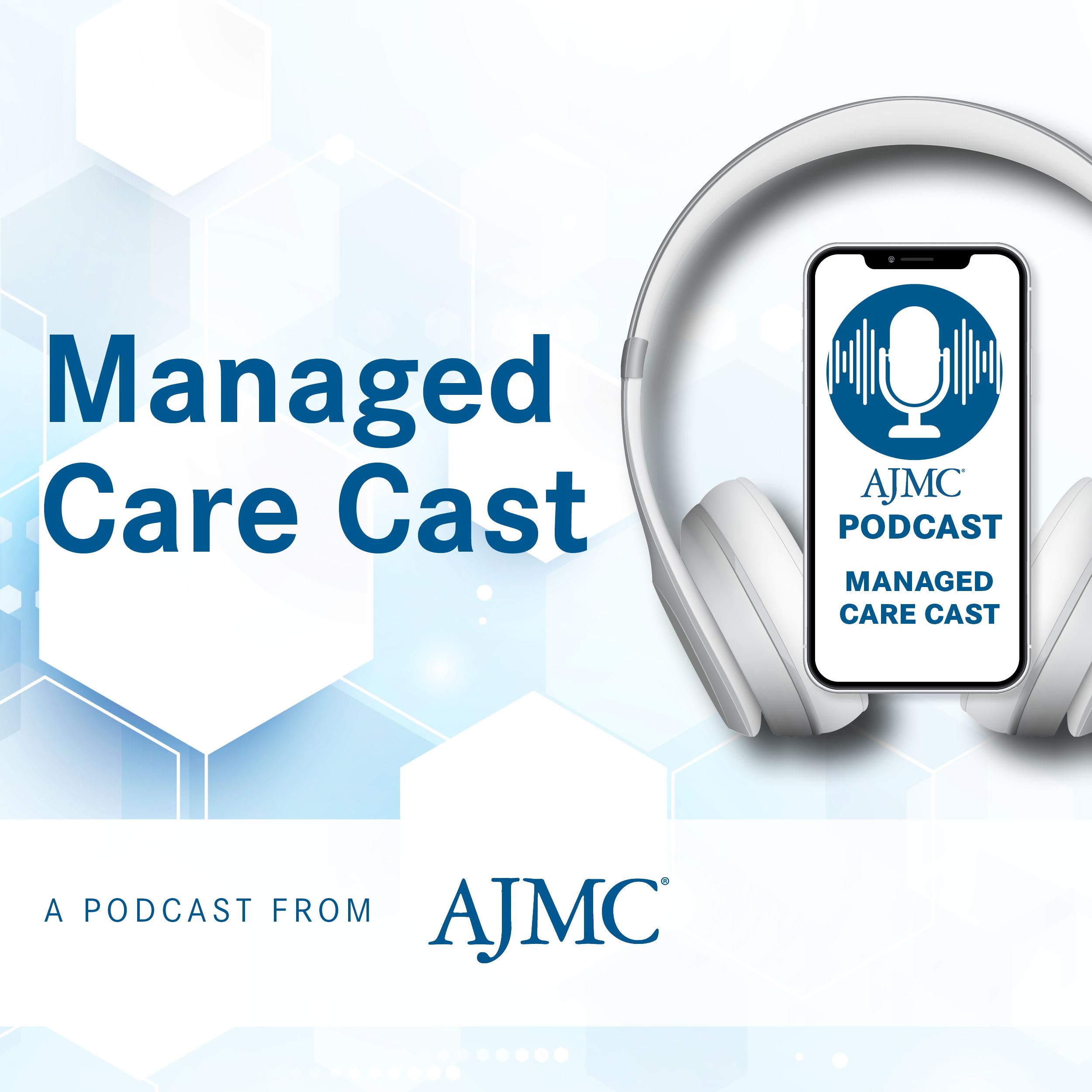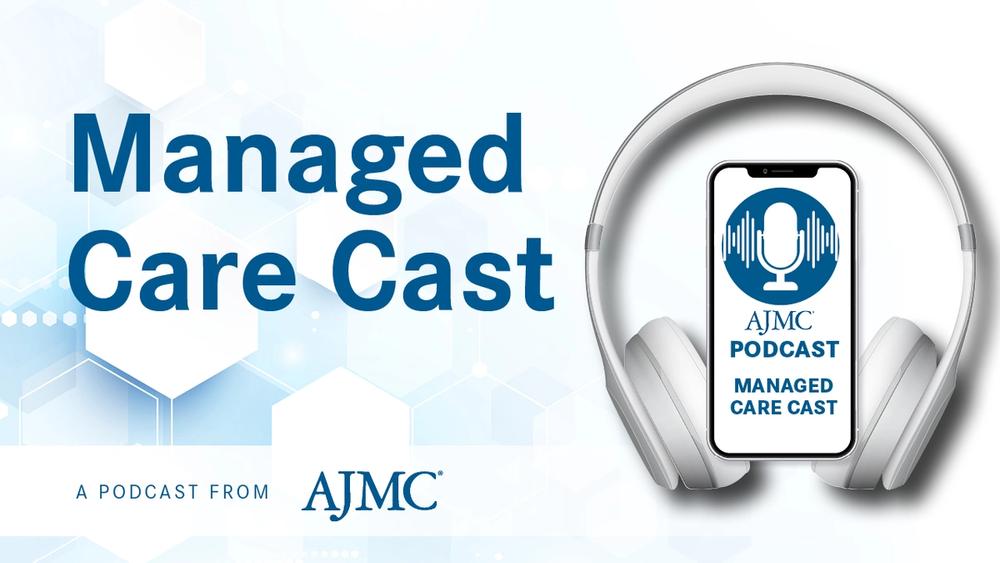News
Article
What We’re Reading: Access to GLP-1 Drugs; ChatGPT Introduces Real-Time Voice Interactions; Medicare Physician Pay Reform
Author(s):
Patients struggle to afford glucagon-like peptide-1 (GLP-1) medications for diabetes; doctors see potential and pitfalls in new ChatGPT model’s humanlike conversations; Medicare payment reform efforts focus on inflation adjustments and payment model overhauls.
Patients Face Medication Shortages, High Costs Amid Growing Demand for GLP-1 Drugs
Patients with diabetes are experiencing supply shortages and insurance hurdles for glucagon-like peptide-1 (GLP-1) agonists, leaving many without access to the medications they need to stay healthy, according to Kaiser Health News. These drugs, essential for managing their blood sugar levels, have become increasingly difficult to obtain, especially for lower-income individuals with high-deductible health plans, Medicaid, Medicare, or marketplace plans. The rising demand for these medications, fueled by their effectiveness and new FDA indications, has contributed to these access hurdles, experts say.
Next-Gen ChatGPT’s Real-Time Voice Interactions Could Revolutionize Health Care via Chatbots
OpenAI's latest ChatGPT update, GPT-4o, introduced advanced real-time voice interactions, with potential implications for patient engagement in health care, according to Axios. While this technology could make health advice more accessible, doctors have expressed concerns about the chatbot's tendency to confidently provide misinformation and the possibility of patients overrelying on it. Experts envision a future where artificial intelligence complements medical advice, assisting with tasks like lifestyle changes and emergency responses, but caution remains about the limitations and potential risks of this technology.
Senate Finance Committee Takes Aim at Medicare Physician Pay Reform
The Senate Finance Committee has launched a bipartisan initiative to address declining Medicare physician reimbursements, marking the most significant review in nearly a decade, according to Modern Healthcare. The proposed reforms aim to link physician pay to inflation, encourage cost-effective alternative payment models, and simplify the burdensome Merit-based Incentive Payment System. This effort seeks to ensure fair compensation for physicians, which is crucial for maintaining access to quality care for Medicare beneficiaries.
Newsletter
Stay ahead of policy, cost, and value—subscribe to AJMC for expert insights at the intersection of clinical care and health economics.





